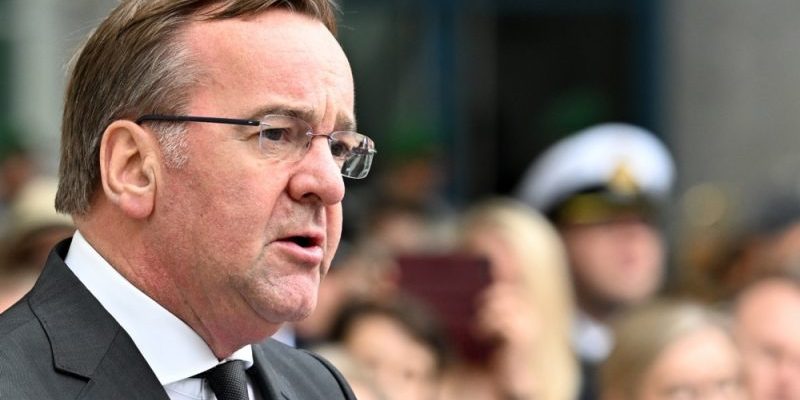Despite significant efforts, the number of applicants to join the German military has continued to dwindle this year, with the German defence minister stressing recruitment must be as high a priority as material procurement for the Bundeswehr.
Germany’s “Zeitenwende” – the country’s efforts to restore its ailing military following Russia’s invasion of Ukraine – has hit a number of stumbling blocks already, but the latest obstacle to boosting the capacity of the Bundeswehr, or armed forces, is one that many civilian sectors also face: personnel shortages.
Around 23,400 people applied to become soldiers in the first five months of 2023 – 7% less than during the same period the year before, according to defence ministry data cited by news magazine Spiegel on Wednesday (2 August).
“Despite considerable efforts, the trend of declining applications continues in 2023,” the magazine cited a ministry document as saying. “The continued decline in the number of applications received will foreseeably make it difficult to maintain the current high quality of personnel selection,” it adds.
The decreasing candidate numbers come despite the boosted public attention for the military since the start of the Ukraine war.
Speaking during a visit to a Bundeswehr career centre in Stuttgart on Wednesday morning, German defence minister Boris Pistorius (SPD/S&D) stressed the importance of attracting and training personnel.
“In the past months, I have already dealt specifically with the topic of personnel, since it should definitely be put on the same level as the topic of procurement in terms of priorities,” said the Social Democrat, who took office in January.
Across the country, the German military runs six career centres, which are tasked specifically with personnel recruitment by advertising Bundeswehr jobs and piquing the interest of especially young people.
Pistorius lauded the work being done by the centres, saying they help bring the military “into the centre of society”, with the Stuttgart centre having organised around 300 events over the past year.
However, he said following up quickly and efficiently once a potential candidate shows interest remains a “sticking point.”
“Once candidates start being interested in the Bundeswehr, after they spoke to someone at a careers fair, a school visit, on-site or elsewhere, how long does it take until they are in contact [with the military], until a first consultation interview? This is the crucial phase, where we cannot afford mistakes,” Pistorius asked.
Due to staff shortages in the wider economy, young people currently have a whole range of career options, he added. “Whoever is not fast enough, loses out.”
Over the past few years, the Bundeswehr has been investing significant resources into attracting new recruits: In 2020, the German military spent almost €34 million on recruitment, including for advertising, job fairs and other events, and marketing targeted specifically at young people, for example through a YouTube channel.
However, the military’s active recruiting work inside schools and at schools’ job fairs has been a source of contention, with far-left Die Linke leading the group of critics who worry students are being “militarised” at a young age.
Several German regions have banned the Bundeswehr from advertising inside schools.
[Edited by Nathalie Weatherald]


